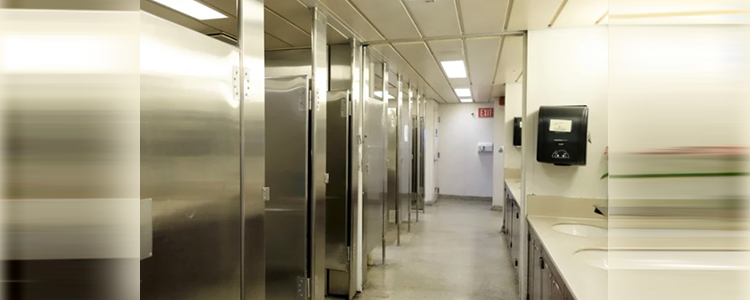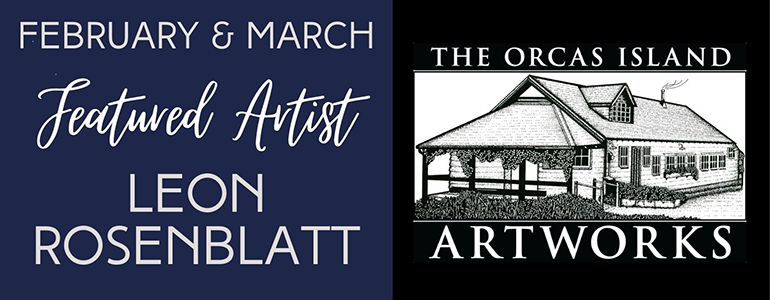Monday, February 26, 5:30 – 7:30 p.m., Orcas Senior Center
— from San Juan Communications —
Local, state, and federal agencies that manage lands or recreation facilities in the San Juan Islands sponsored a study in 2017 to collect better information about use, impacts, visitors, and preferences for management. The study addresses several questions related to San Juan Islands tourism, public lands, and recreation areas. The goal is to describe visitor experiences on San Juan Islands public lands, their trips, their opinions about impacts or problems, and their views on management actions that might be used to address problems.
The study included:
-
- A survey of ferry passengers (visitors and residents)
- Surveys of visitors to attraction sites (e.g., Lime Kiln State Park, Moran State Park, Shark Reef Sanctuary)
- Counts and observations of use at attraction sites
- An inventory of accommodations on the three main islands (San Juan, Orcas, and Lopez)
- An analyses of visitation from WSF, other passenger ferries, airlines, and marinas
Information will be used to inform decisions about development (campgrounds, lodging, roads, parking), recreation uses (boating, biking, trail networks), and ways to manage or better distribute use to enhance the quality or sustainability of visitor experiences. It is anticipated to facilitate efficiencies in cooperative planning among recreation managers.
The study, funded through county lodging tax grant and National Park Service investment, is being conducted for several agencies (including San Juan County Parks, San Juan County Land Bank, San Juan Islands Visitor Bureau, Washington State Parks, WA State Department of Natural Resources Bureau of Land Management, and the National Park Service) by Confluence Research and Consulting. For more information about the study, contact Dr. Doug Whittaker at 907-346-3769 or Dona Wuthnow, Parks & Fair Director at 360-370-7452
Public Presentations
Highlights from the study will be presented at four public events as listed below. The presentations will run about 1.25 hours, integrated with about 45 minutes of discussion.
- Mon Feb 26 9:00 to 11:00 am Meeting with County Council, Friday Harbor, San Juan
- Mon Feb 26 5:30 to 7:30 pm Senior Center, Eastsound, Orcas
- Tue Feb 27 5:30 to 7:30 pm Grace Episcopal Church, Lopez Village, Lopez
- Wed Feb 28 5:30 to 7:30 pm San Juan Public Library, Friday Harbor, San Juan
**If you are reading theOrcasonian for free, thank your fellow islanders. If you would like to support theOrcasonian CLICK HERE to set your modestly-priced, voluntary subscription. Otherwise, no worries; we’re happy to share with you.**








Wasn’t the county lodging tax originally (way back) supposed to help mitigate the effects of tourism on infrastructure, the Island, and residents? Is it now only being used to attract more tourists and shore up tourist businesses? Wouldn’t we be better off encouraging year-round businesses? Just sayin’…
I’m not sure where your information that the lodging tax: “originally (way back) was supposed to help mitigate the effects of tourism on infrastructure…” etc. is derived.
Originally, (1967) it was created to help pay for a stadium in Seattle (see: https://dor.wa.gov/sites/default/files/legacy/Docs/reports/2010/Tax_Reference_2010/06taxhistory.pdf)
Today, the state authorizes a county to levy and collect a special excise tax not to exceed two percent on the sale of or charge made for the furnishing of lodging. The use of the levy/2% by the county is controlled under https://apps.leg.wa.gov/rcw/default.aspx?cite=67.28.180
Tourism promotion is defined: https://apps.leg.wa.gov/rcw/default.aspx?cite=67.28.1816
I find nothing to support your contention that this tax was originally intended to mitigate the “effects of tourism.” But I am most open to seeing your citation.
Janet, perhaps it was just a dream that those who love the Island had…I don’t know but I heard talk about it here.
Maybe it was my dream. That we are neighbors. That we all stop pointing fingers and saying “this is better — you are wrong. OR “No THIS is better, YOU are wrong.” That we talk to one another without castigating blame — or judgment. That solutions are not black or white and are never simple. That we should not look to what makes us personally most comfortable — but seek out what serves the needs of all of us as a community. I have that dream. And while you may not see it, I too love this island. A lot.